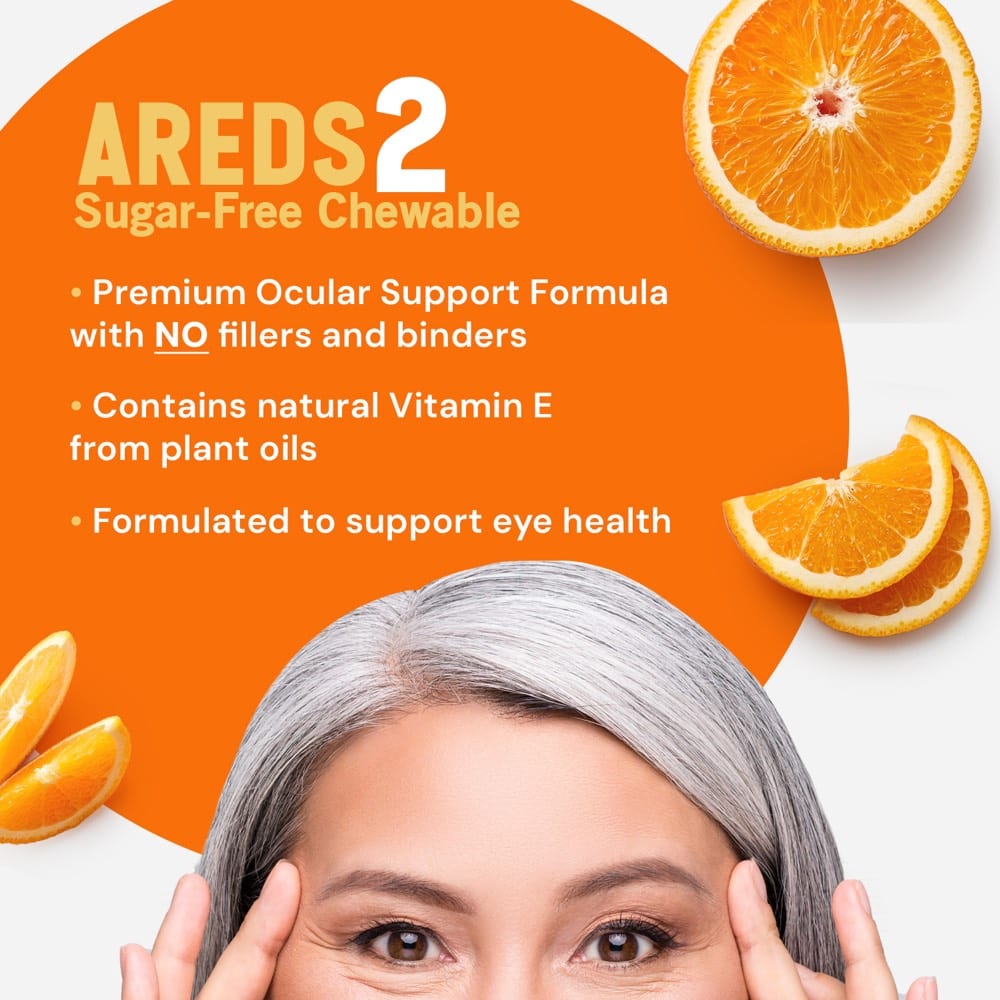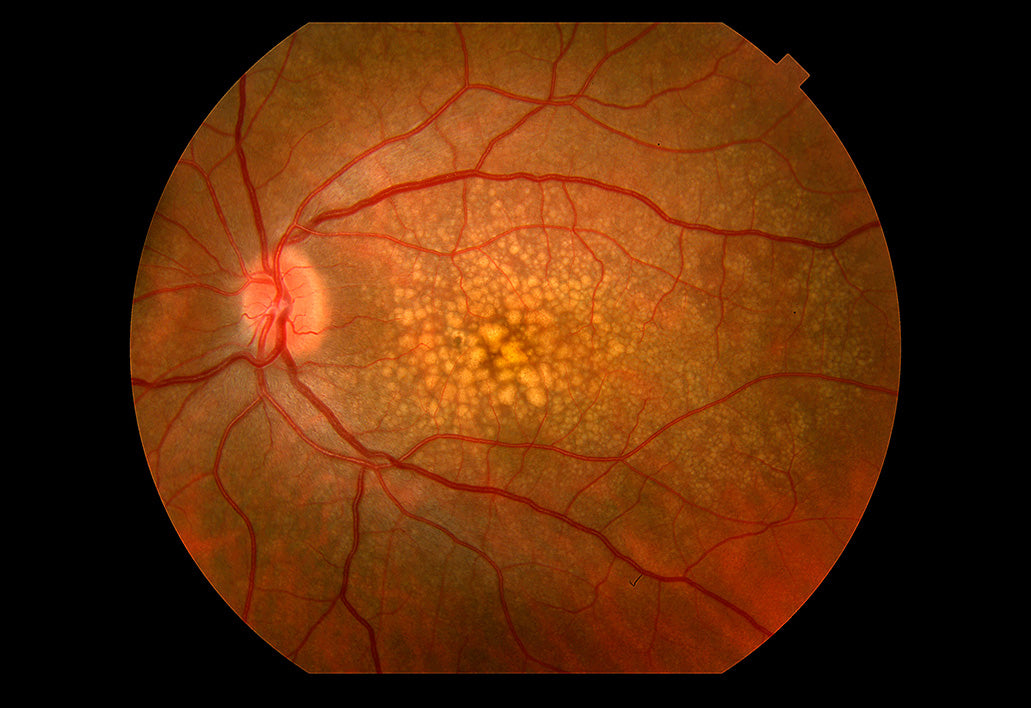Macular degeneration, a leading cause of vision loss in older adults, affects millions worldwide. As research into preventative measures continues, one avenue that has garnered attention is the use of specific vitamin formulations, notably the Age-Related Eye Disease Study 2 (AREDS 2) vitamins. A common question is whether there is scientific evidence surrounding the effectiveness of AREDS 2 vitamins in preventing macular degeneration.
Understanding Macular Degeneration:
Age-Related Macular degeneration, or AMD, is a progressive eye condition affecting the macula, a small but crucial part of the retina responsible for central vision. It comes in two forms: dry (atrophic) and wet (exudative). The former is more common, characterized by the gradual breakdown of light-sensitive cells in the macula, leading to a gradual loss of central vision.
The Role of Nutrients: Studies have shown that certain nutrients play a role in eye health, particularly in combating oxidative stress and inflammation, both of which contribute to macular degeneration. Key nutrients include vitamins C and E, zinc, copper, lutein, and zeaxanthin.
AREDS 2 Study:
The Age-Related Eye Disease Study (AREDS) and its follow-up, AREDS 2, conducted by the National Eye Institute, were pivotal in investigating the impact of nutritional supplements on age-related macular degeneration (AMD). AREDS 2, completed in 2013, expanded on the original AREDS formulation, testing variations that omitted beta-carotene and included lutein, zeaxanthin, and omega-3 fatty acids.
Findings and Scientific Evidence: The AREDS 2 trial demonstrated that the original AREDS formulation containing vitamin C, vitamin E, zinc, and copper reduced the risk of advanced AMD by 25% over five years. Moreover, AREDS 2 found that substituting lutein and zeaxanthin for beta-carotene yielded similar protective effects without the potential risks associated with beta-carotene, such as increased lung cancer risk in smokers. Omega 3 fatty acids, in the limited quantities tested, were not found to be beneficial in preventing AMD progression.
A subsequent analysis published in JAMA Ophthalmology in 2020 reexamined the data from AREDS and AREDS 2, focusing on lutein and zeaxanthin's impact on AMD progression. The analysis concluded that higher dietary intake of these carotenoids was associated with a reduced risk of progression to late AMD.
Limitations and Considerations:
While the evidence supporting the efficacy of AREDS 2 vitamins in preventing macular degeneration is robust, there are limitations and considerations to bear in mind. Notably, these supplements are primarily beneficial for individuals with intermediate or advanced AMD. Additionally, factors such as genetics, lifestyle, and overall health can influence an individual's response to supplementation.
| "And while it is 100% true that there are no studies proving a preventive benefit of eye vitamins for macular degeneration, it is also true that that there are no studies proving they are not of benefit. That is because it is very difficult - nearly impossible - to perform a high quality scientific study of 20-30 years, tracking half of people taking placebo and the other taking real supplements, both with a low chance of getting AMD, and hoping to find a difference." | ||
| Dr. Paul Krawitz, July 18, 2023 |
Conclusion:
In conclusion, high dosage ocular supplements such as AREDS 2 vitamins represent a valuable potential tool in the prevention of macular degeneration, particularly in individuals at higher risk due to age or genetic predisposition. However, there is no study to date demonstrating that AREDS 2 vitamins can prevent macular degeneration. Regular eye exams and healthy lifestyle habits remain essential for preserving vision. As research continues, further insights into the mechanisms of action and optimal formulations of these supplements may enhance their efficacy in combating this debilitating condition.
References:
- Age-Related Eye Disease Study 2 Research Group. "Lutein + Zeaxanthin and Omega-3 Fatty Acids for Age-Related Macular Degeneration: The Age-Related Eye Disease Study 2 (AREDS2) Randomized Clinical Trial." JAMA, 2013.
- Chew, Emily Y., et al. "Secondary Analyses of the Effects of Lutein/Zeaxanthin on Age-Related Macular Degeneration Progression: AREDS2 Report No. 3." JAMA Ophthalmology, 2020.













